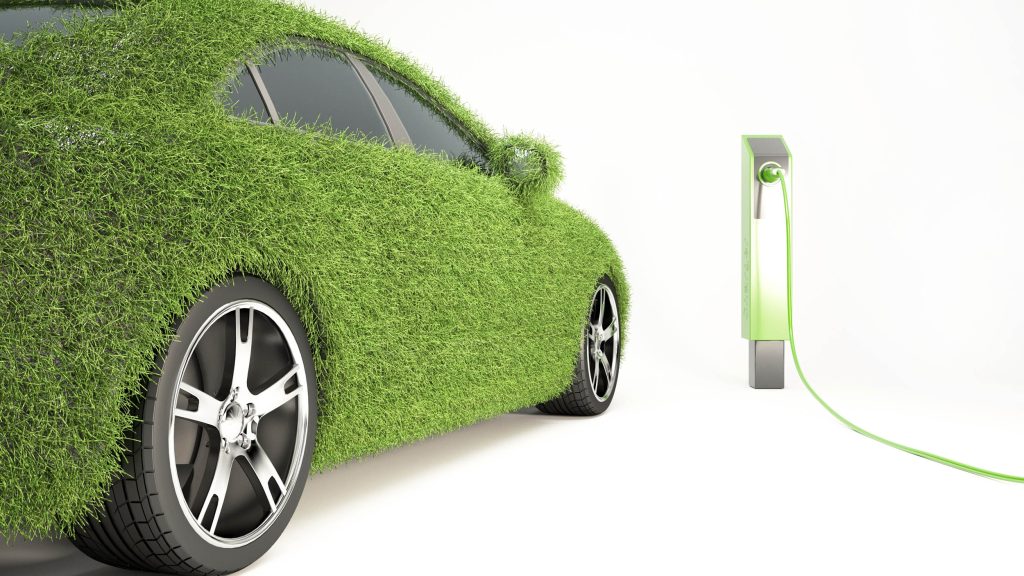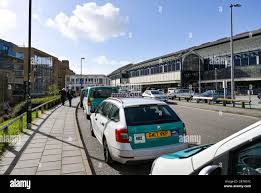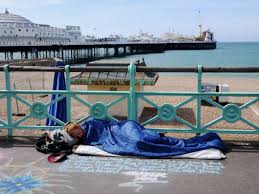Rishi Sunak by announcing that he was effectively putting “Saving the Planet” on the back burner, by pushing the ban of polluting new I.C.E (Internal Combustion Engine) cars back to 2035, has made the implementation of the “EV Revolution” a hotly companiable item for all political parties during the upcoming General Election.
The biggest issues slowing the EV revolution are the UK’s charging infrastructure and unstable second-hand markets for EVs.
So here are some easy and practical policies that our politicians could offer voters to deal with both issues and encourage them to make a move to cleaner and greener EVs.
Charging Infrastructure policies.
- Offer tax grants to convert “Urban car Parks” into overnight charging hubs.
Range Anxiety is a major inhibitor of the EV revolution. Although 58% of the population can install home chargers to make EV charging as simple as charging your mobile overnight, 42% of people living in flats or terraced houses cannot and will need to rely on publicly charging options.
Urban car parks currently are only used as daytime parking locations for commuters and shoppers. At night these cars parks average only 15% occupancy, making them ideal locations to install 7KW slow overnight chargers, to be used by local flat owners.
Although the Government offers grants for employers installing chargers at work, there are no grants to encourage the electrification of car parks, which is an obvious error that is easy to fix.
- Pre-Bookable “Destination” based charging.
Governments current policy is focused on the electrification of our motorway network via the installation of expensive “Fast Chargers”. However, many EV owners would be happy to drive direct to their end “Destinations”, if they could “pre-book” an overnight slow charger before returning directly to their own home charger.
Insisting that the new electrified “Urban Car Parks” or other venues such as pubs and restaurants install “Bookable” chargers, in order to receive Government installation grants is an easy and practical solution that would remove range anxiety for 58% of the population.
- Extend 5% domestic VAT on electricity charging to “Public Chargers”.
Public chargers attract a 20% VAT charge, making them at least 15% more expensive to use than domestic chargers that attract only a 5% charge. Why should EV owners in flats and terraced houses pay a higher VAT rate? A level playing field across both is required.
- Force electricity providers to offer “Night and Day Tariffs”.
The Government has already legislated that all chargers must be controllable by time of day, to push EV owners to charge at off peak times so as not to put the National Grid under strain. Idiotically, even though the currently set maximum tariff levels they have not introduced a cheaper night time tariff that would incentives all EV owners to charge at night when the National Grid has excess electricity.
Policies to encourage second hand EV prices.
Currently EVs depreciate much faster than their I.C.E equivalents, which is putting off new buyers and increasing the cost of leasing EVs. This is primarily because with the manufacturing capacity of EVs set to exceed I.C.E cars by 2026, the price of New EVs has been slashed by manufactures like Tesla to drive increased sales volumes. The current 20% premium new EVs carry is set to be disappear, which will have a major knock-on effect to second hand EV values e.g., second-hand Tesla values dropped 30% over night recently in reaction to new price reductions.
- Create a second-hand EV leasing market.
HMRC base the taxable value or P11D value of a car on its “Recommended Retail” price when new. Even when the car is 4 years old, they still impose the same value, making it highly tax inefficient to keep the car, when you could lease a new one at the same P11D cost, effectively killing the market for leasing second hand vehicles.
The Government needs to cut the P11D value of a 4-year vehicle by 50%, reflecting the average depreciation that will have incurred.
This combined with the lower 2% BIK tax chargeable on EVs, this will make second land leasing of EVs, an attractive option for lower income employees attracted by their lower running costs.
- Offer Tax credits for buying Second hand EVs.
Salary Sacrifice tax breaks are complicated because they require the involvement of employers and unequitable because the more expensive the EV and the higher your earnings, the more you save, making company directors the primary beneficiaries.
The purchase of new EVs provides the Government with its highest single VAT earning, with an £60k new EV bringing in £12k of VAT revenue.
This tax revenue could be allocated to provide a £7k tax credit for first-time converts from petrol to EVs, moving the threshold hold tax to be paid up from £12k to £19k. This would provide the same 32% tax saving of £2,240 to all taxpayers equally, with each new EV sale funding 3 second hand subsidies.
The same DVLA information as used to operate “Scrappage” schemes, could be used to police the tax breaks and make sure they only go to people giving up I.C.E cars benefit. Ideally, after 4 years the second-hand EV would attract another £2,240 grant making the EV more attractive for I.C.E car owner to cover to the older it gets. This would make EVs affordable to the least affluent, who would also benefit from their 50% lower running cost compared to older and more polluting I.C.E cars. This would quickly push the electrification of cars into all layers of society.
- Electrify Taxi fleets and make then part of public transport infrastructures.
Second hand EVs are ideal Taxis as they are cheaper than their petrol equivalents and offer 50% lower per mile running costs. Any funds from the introduction of ULEZ zone’s, which seek to push businesses into electrification via tax punishments, should be re-invested into subsidies to ensure that all local taxis firms operate fleets of clean second hand EVs capable running for 100’s of thousands of miles more than their I.C.E equivalents. Most taxi drivers would happily convert to EVs if they had access to cheap second hand EVs and local car parks where they could charge each night.
Summary.
Moving to a clean EV, delivers a massive 29% cut in our personal Co2 emissions, whilst saving us money compared to operating I.C.E cars.
In my opinion this double win could be a big vote winner and is deliverable by any forward-thinking political party at minimal cost.
I am agnostic about who runs the country next, so will be pitching these ideas to all political parties but wish me luck as politicians are often death and dumb, when it comes to saving the planet.




